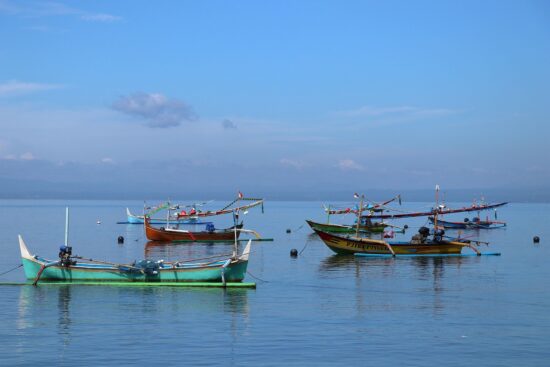Comprehensive Study of Antibiotics and Antibiotic Resistance Genes in Wastewater and Impacted Mediterranean Water Environments
This comprehensive study investigated the presence and seasonal dynamics of antibiotics and antibiotic resistance genes (ARGs) in wastewater and impacted aquatic environments across two Mediterranean regions in Spain (Ebro River/Delta and Xúquer River/Albufera de València). Researchers analyzed samples for antibiotic residues and ARGs, with a particular focus on Escherichia coli, using a suspect screening approach and a novel prioritization method to identify areas most vulnerable to ARG spread. Results showed that while ARG levels remained relatively stable across seasons, a greater diversity of ARGs appeared in summer, likely driven by horizontal gene transfer in warmer waters (35–40 °C). In contrast, winter samples (5–10 °C) contained the highest concentrations of antibiotics, which may promote resistance development. These findings emphasize the critical role of environmental factors such as temperature and sunlight in shaping both antibiotic persistence and microbial resistance, underscoring the need for further research and targeted mitigation strategies in wastewater-impacted ecosystems.
AMR NEWS
Your Biweekly Source for Global AMR Insights!
Stay informed with the essential newsletter that brings together all the latest One Health news on antimicrobial resistance. Delivered straight to your inbox every two weeks, AMR NEWS provides a curated selection of international insights, key publications, and the latest updates in the fight against AMR.
Don’t miss out on staying ahead in the global AMR movement—subscribe now!







